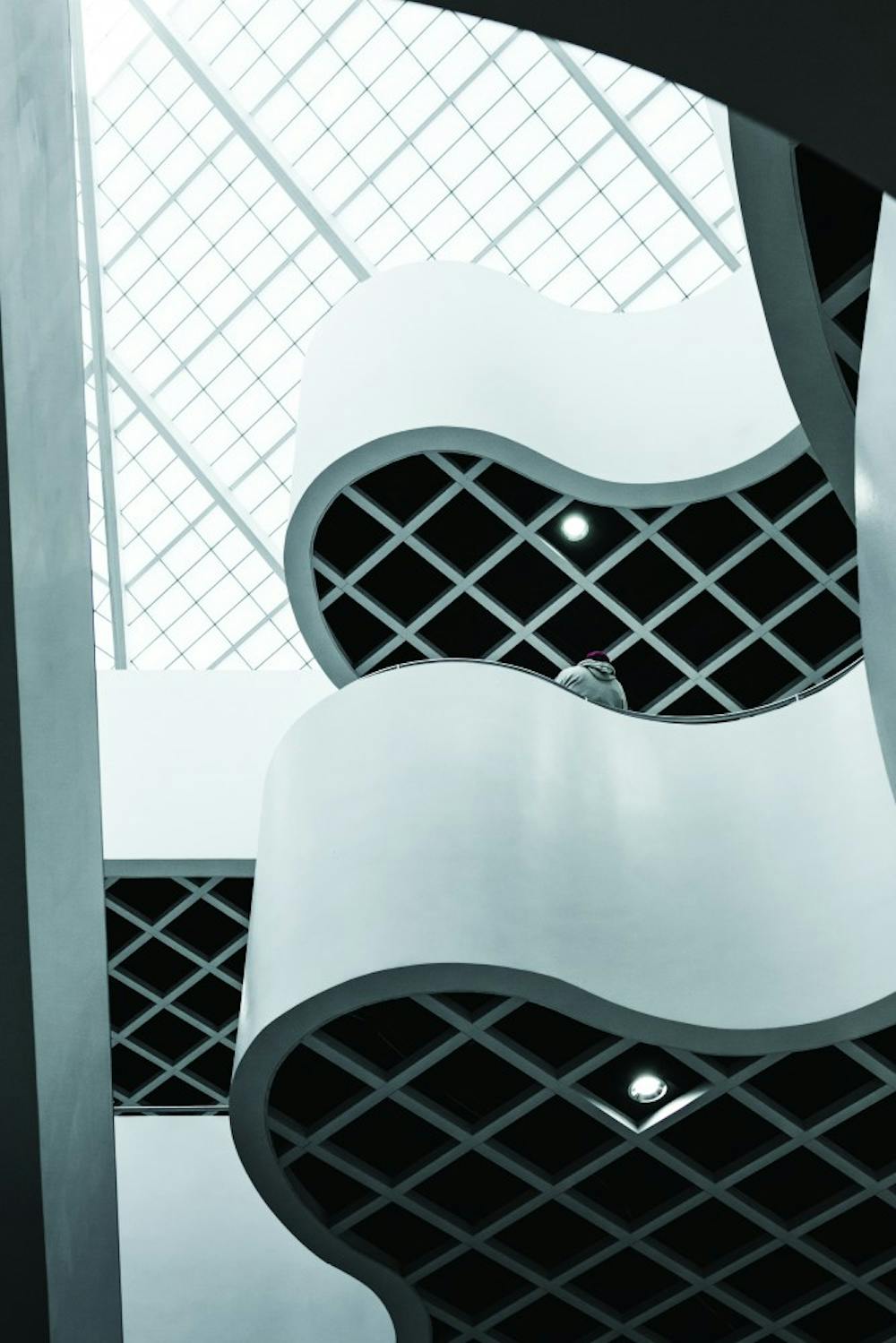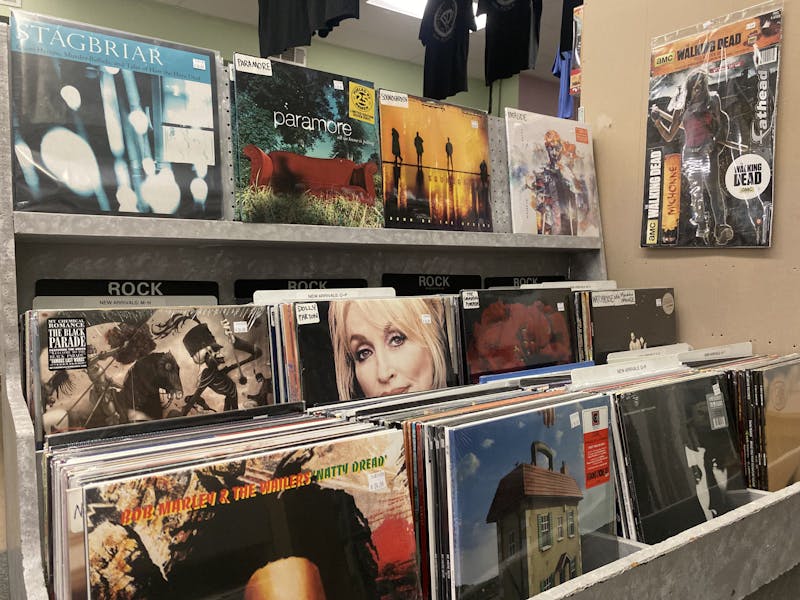When people think of a library, the image often evoked is not a positive one. For most, the word “library” is a synonym for dusty shelves, pissed librarians, and stuffy corners where the computers don’t ever quite work right. However, libraries across America—including our own Richland Library—are actively flipping the script by redefining what it means to not only be a library, but a community hub and one of the last free public spaces for many to enjoy.
Historically, libraries have been intended as storage space for books, and little more. No longer is this the case, as anyone who has visited Richland Library themselves can attest to. Libraries like our own now offer free art showcases, documentary screenings, and classes ranging from computer applications to resume building. Unique and new sections such as the extensive manga collection encourage inclusion of newly recognized subsets of both visual art and creative writing. Those interested in the more visual side of art can enjoy the graphic novels or a plethora of DVDs. However, Richland Library isn’t just changing what a library offers physically, but visually as well.
It is hard to believe the Richland Library is even a library at first glance, with its modern interior being just as aesthetically rich as its exterior. Large windows and open areas allow light to travel to seemingly every corner, and employees are happy to help you find a comfortable couch or individual area for you to do whatever it is you want to do: read that book, watch that movie, sip on that smoothie from the new café (yes, a library with a café). Local artists’ work can be found in the open spaces of the library, kids of all ages eagerly swarm the 20,000 square foot Children’s Room, and college kids and homeless folks can both be found attending the same showcase.
The building is truly a place where all of Columbia is welcome to engage, which is precisely why is so important about spaces such as these. Most public spaces don’t cater to all of the public, as they aren’t completely free to enter. Public spaces such as stores or restaurants require a purchase or a met standard of dress in order for an individual to occupy a public space for a given period of time before considered to be loitering. Due to this being the case, the only remaining public spaces that are truly free are places like public parks, which unfortunately are outside and expose those in these areas to the elements. Some people depend on using public spaces in order to get through their day—whether it be a student who has to kill a few hours every day between attending class and going to their evening job or a homeless woman who stays at the shelter at night. It is imperative that free public spaces, such as the library, are supported by the community around them. Libraries are evolving the improve the lives of those that visit them, and to protect the lives of those that need them.



